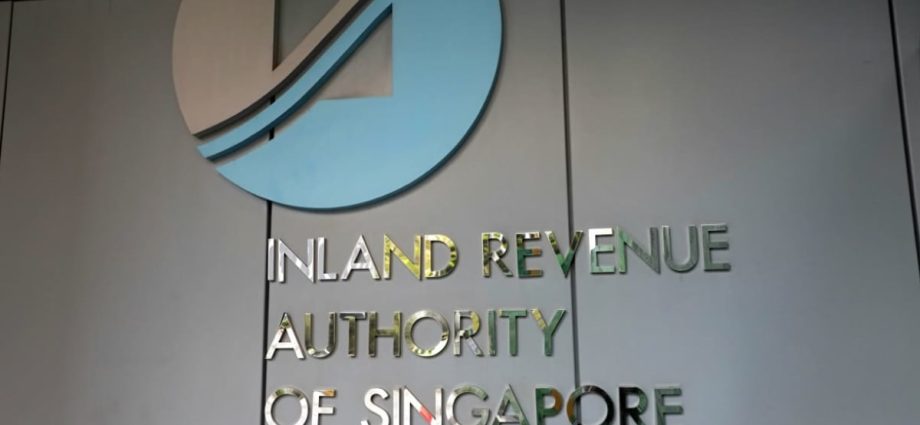
SINGAPORE: A director of two companies cooked up invoices and listings to get about S$660,100 (US$495,600) in fraudulent Goods and Services Tax (GST) returns, all while he was based in China and not conducting any real business.
Adi Djusman, a 59-year-old Indonesian national and Singapore permanent resident, was sentenced to about three years’ jail for GST and money laundering offences on Monday (Dec 18).
He was also ordered to pay a penalty of S$1,980,345 to the Inland Revenue Authority of Singapore (IRAS), which is thrice the amount of GST he evaded through the fraudulent GST refunds.
Adi was the sole director of Multi-Eka Trading and Sui Jaya.
He used fictitious invoices and listings to submit 20 GST returns for Multi-Eka Trading between January 2015 and December 2019, and 21 GST returns for Sui Jaya between January 2015 and January 2020.
This resulted in IRAS making payments to the two companies that should not have been made, IRAS said in a joint statement with the Singapore Police Force on Tuesday.
Tax investigations later revealed that the two companies had not been conducting any business during the periods of refund claims.
All GST returns filed during those periods were fake, with Adi submitting false invoices and listings to IRAS officers during the initial enquiry period.
Investigations also found that Adi was residing in China during the period of the offences and had no known sources of income.
The fraudulent GST refunds were credited into his two companies’ Singapore bank accounts on a quarterly basis between January 2015 and January 2020.
Adi would return to Singapore around the end of every quarter and use cross-border money transfer service providers to remit the GST refunds to bank accounts belonging to him and his wife in China.
In total, he transferred about S$523,460 of fraudulent GST refunds overseas.
He used a portion of the GST refunds to make contributions to his Central Provident Fund account under one of his company’s names to create the facade that the firm had actual business operations.
This made up the money laundering offences – with Adi transferring and removing criminal proceeds through GST evasion from Singapore.
IRAS uncovered the case through one of its regular compliance programmes, which it conducts across various industries to ensure tax compliance.
IRAS detected anomalies using data analytics and “advanced statistical tools”, it said in its statement.
Offenders who submit false GST returns face a jail term of up to seven years, a fine of up to S$10,000, or both, and a penalty of three times the amount of tax undercharged.
Those convicted of money laundering face up to 10 years in prison, a fine of up to S$500,000, or both.

